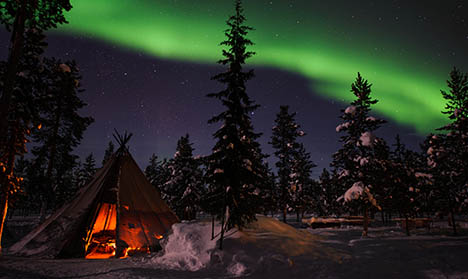
Come along on a historic journey through the popular music of Gothenburg. Photo: Göran Assner/imagebank.sweden.se

The Swedish Theory of Love questions if Swedes are too independent. Photo: Fasad

Go and warm up in the probably most spectacular sauna in Sweden (Gothenburg). Photo: Pontus Lundahl/TT

Photo: Magnus Hjalmarson Neideman/SVD/TT

The mall in Solna, north of Stockholm. Photo: Henrik Holmberg/TT
DoTodaySearch.init({ “singleurl”:”https://www.thelocal.se/page/view/whats-on-in-sweden/”, “language”:”en”, “widget”:11618736});
DoTodaySearch.init({ “singleurl” : “https://www.thelocal.se/page/view/whats-on-in-sweden/”, “language” : “en”, “widget” : 11618736 });



 Please whitelist us to continue reading.
Please whitelist us to continue reading.